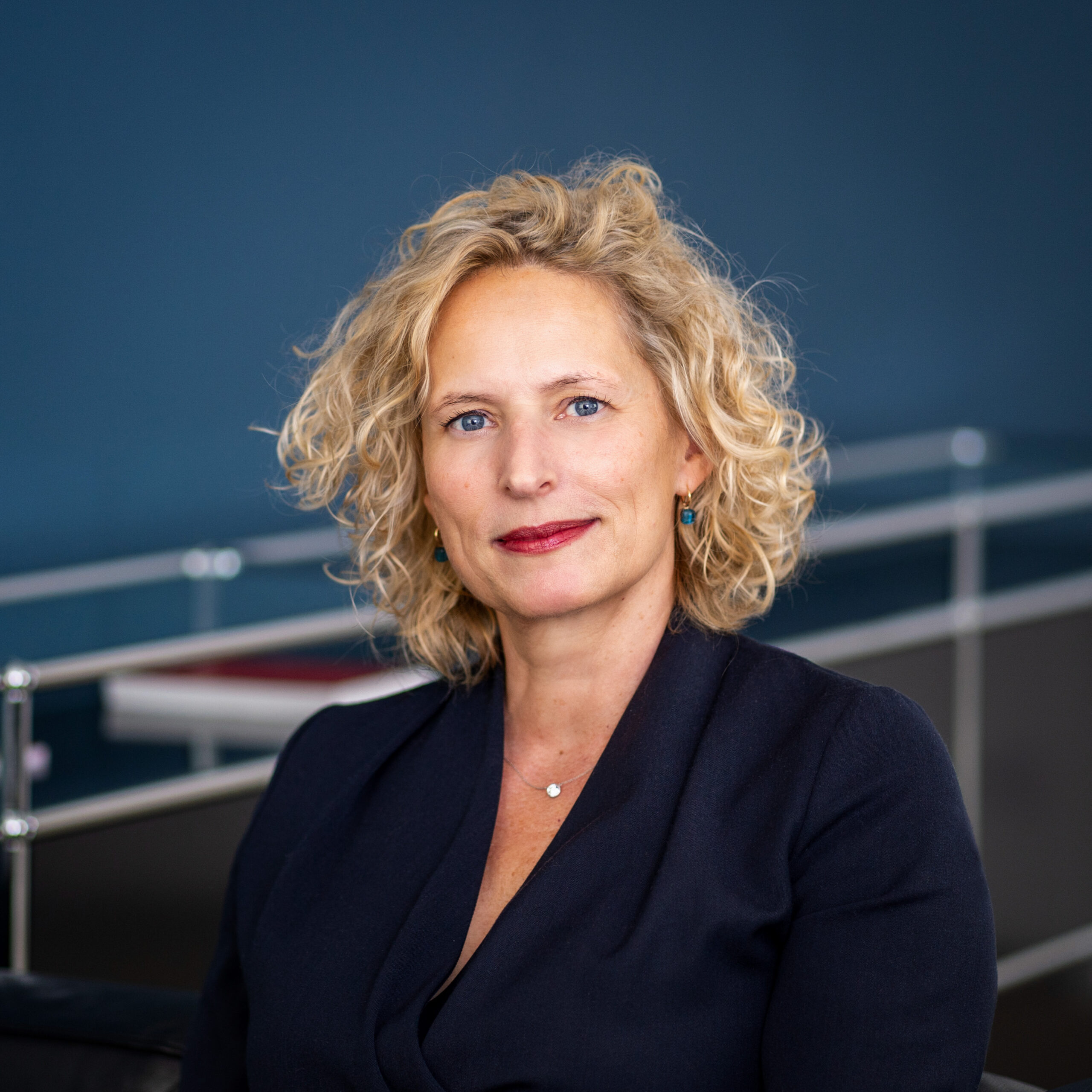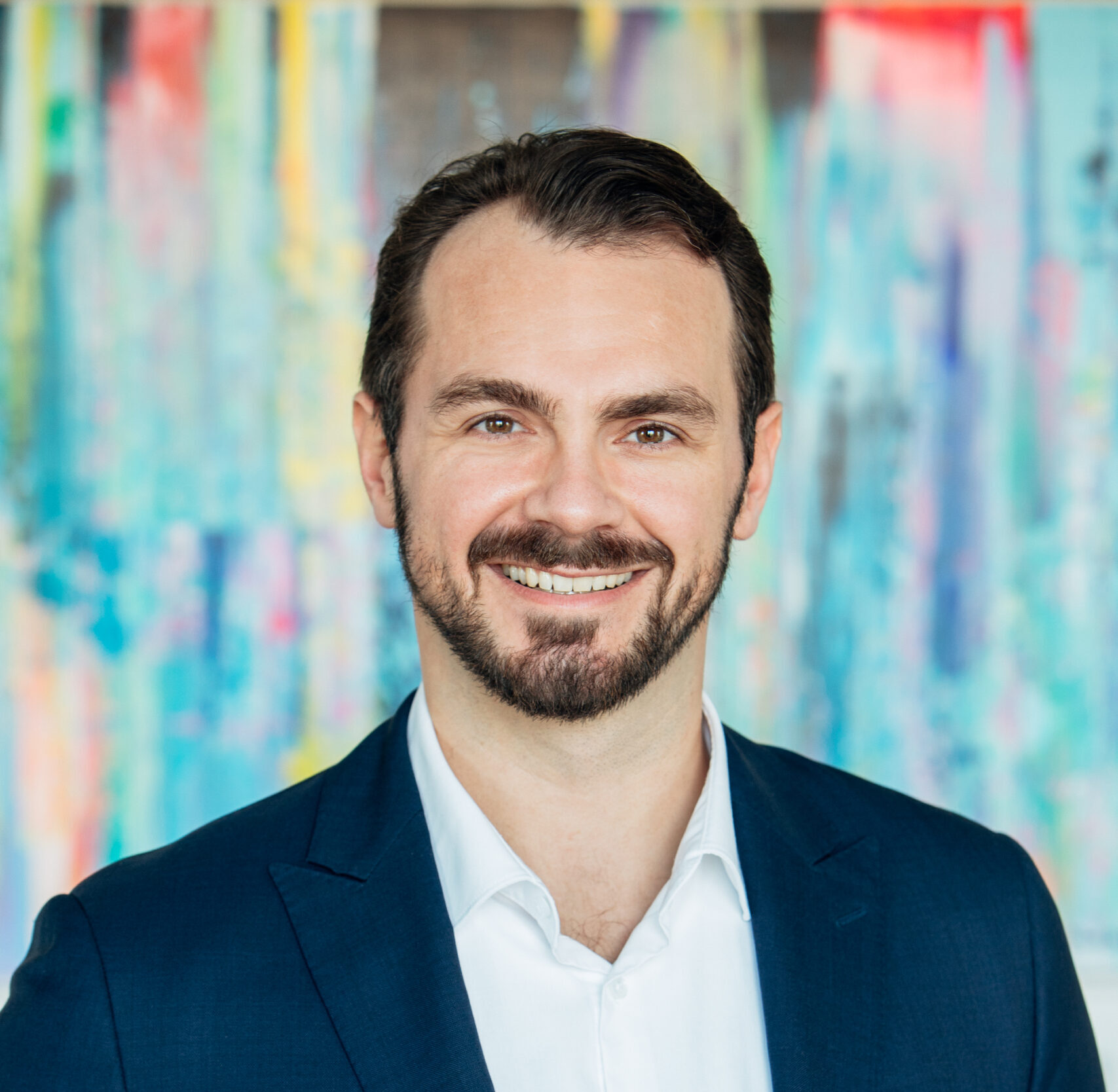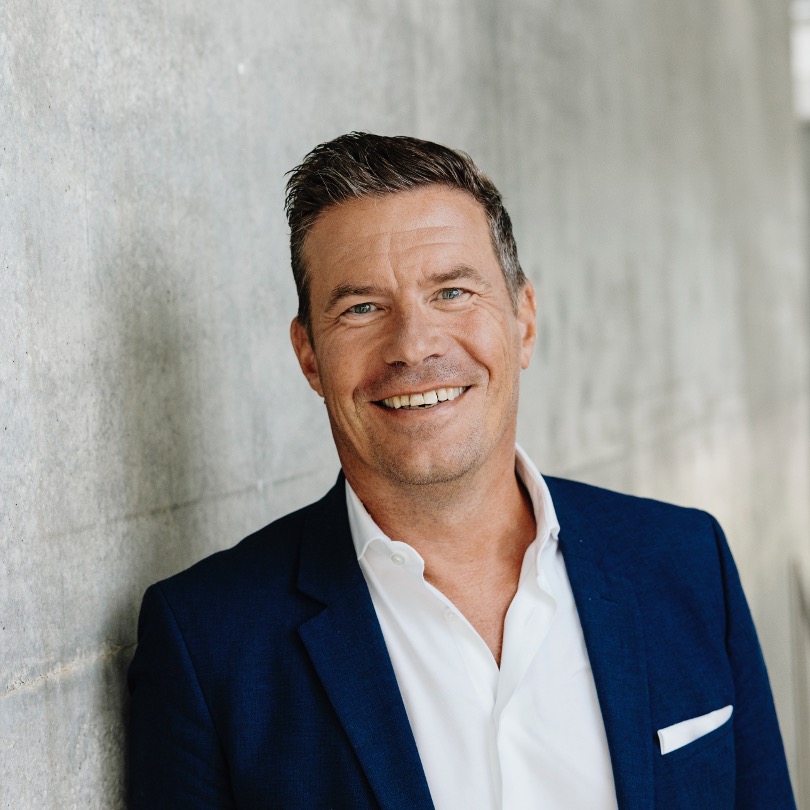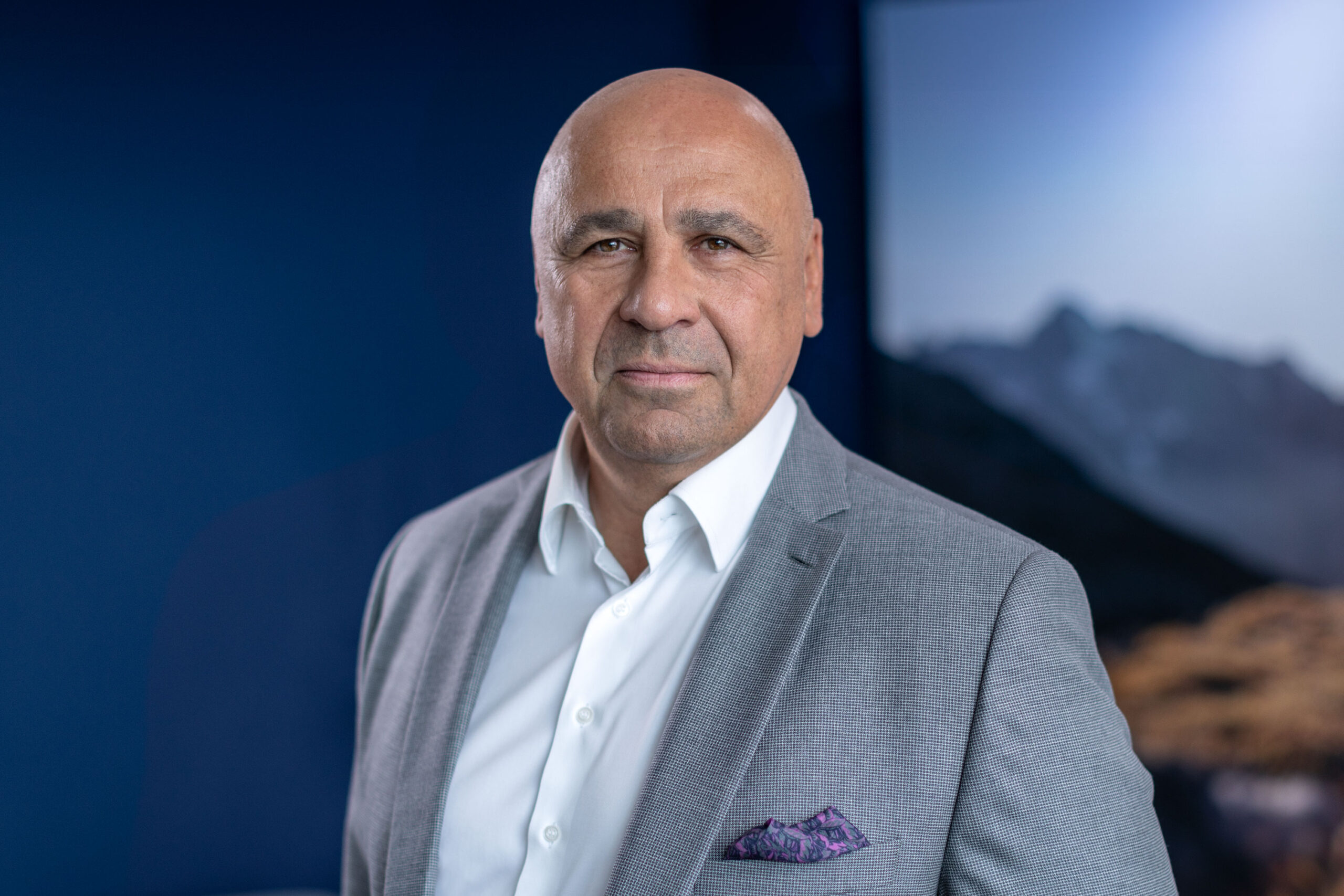Antoinette Hunziker-Ebneter and her company Forma Futura Invest AG was one of the first companies to invest exclusively in sustainable companies. However, the former head of the Swiss Stock Exchange and current Chairman of the Board of Directors of Berner Kantonalbank AG is not only a pioneer in this area, she also contributed to rethinking part-time employment as a C-Level employee.
You studied at the University of St. Gallen. With what feelings do you think of your time there? Are there specific experiences that have remained special to you?
My study time was beautiful and intense. I worked part-time and therefore had to focus strongly during my studies and also rely on the information and manuscripts of my fellow students. I like to remember the intensive and valuable discussions with Professors Hans Christoph Binswanger and Franz Jaeger and my fellow students. We spent nights cooking and discussing with the latter.
You made the news when you started off as Chairman of the Board of Directors of BEKB and cut your own salary substantially. What were the reactions of colleagues (from the financial sector)?
It remained surprisingly quiet. Saying nothing is also a statement.
What is your stance on variable remuneration models? Do they address the employee’s individual interests more than the long-term success of the company? If so, what remuneration models would compensate for this effect?
Yes, there is a danger of this depending on the design of the models and the defined objectives. The success of a company can only be achieved together. It depends on a great deal of factors, also on market development and therefore on luck. If, in addition to a fair fixed salary, additional remuneration ought to be granted, then it would make sense for all employees to participate in the success of the company relative to their fixed salary and to limit the variable component upwards. Furthermore, the appreciation of employees should not only „flow“ in the form of money, but also in the form of respect, constructive criticism and praise as well as opportunities to develop. Ultimately, the aim is to develop a corporate culture in which employees are intrinsically motivated. An important management task is to set meaningful and appropriate goals.
As head of the Swiss Stock Exchange, you worked part-time. How was this possible and what were the major challenges you faced?
In order to work part-time as CEO, I had to negotiate 6 months. Otherwise I would not have accepted the position. It is important to have a clear attitude and the courage to say no.
As a part-time CEO, I took even more care to surround myself with an excellent team and to keep them well informed. In the case of part-time employees, more attention needs to be paid to communication.
The St. Gallen Management Model is generally perceived as a curse rather than a blessing, especially by assessment year students of the University of St. Gallen. According to them, it is too complex and not applicable in practice. In the past, however, you have been a proponent of the St. Gallen Management Bible. What are the strengths of the SGMM and how do you assess its practical relevance?
The integrated point of view is crucial for me. This has contributed to the fact that I do not see the company as an isolated body in relation to the environment and society, but that every company is part of a larger ecosystem that sustains life in the world and must therefore make a meaningful contribution to it. A company is in many ways dependent on the people and natural resources of the planet. The business, the project idea or the business plan must be considered from the point of view of all stakeholders.
The theory of the St. Gallen Management Model was important, but its application and practical tasks were also central. At the HSG, for example, I learned to reach a reasonable goal with limited resources in a short period of time, either alone or together with other people, while at the same time building up know-how and further developing myself. I have been using these skills every day since I started working in the finance industry over 30 years ago.
How would you describe the changes in your leadership style over the last few years and did the St. Gallen Management Model play a role in this?
My management style has not changed, it is cooperative and situational. I demand top performance from my employees, and this also applies to myself. I enjoy working with various teams. Fair communication is important to me. I exchange ideas with the knowledge carriers. In my first full-time position I was an option trader. I still fundamentally like this product. I like to think in scenarios and, together with my colleagues in management and the board of directors as well as the employees and customers, I want to generate new opportunities and develop meaningful solutions for our customers. As an entrepreneur, I enjoy the freedom to do so today, since as an employed manager I enjoyed less freedom in this regard.
You have rejected an offer from Goldman Sachs. What were the reasons for this? Did you regret not taking the offer at any point?
For me, the culture was the decisive factor. It was too hierarchical for me. In addition, the former trainees at 85 Broad Street in NY „adored“ their superiors. I can’t do that. In Switzerland we don’t have „kings“ and „emperors“. I prefer a dialogue at eye level, thus, I have not regretted this decision. I am grateful to Goldman Sachs for leading my way into the options industry thanks to my part-time position with them. I still maintain contact with my former boss today.
You are co-founder of the waterkiosk foundation. How did this idea come about and how did you implement it?
When we at Forma Futura’s wanted to know who could provide us with competent information on the technology and sustainability of solar systems, we came into contact with the Technical University of Rapperswil. From a sustainability point of view, it is relevant whether a solar system will last twenty years or two years, how much energy it supplies and which materials are used. The exchange with the professors and researchers at the Institute of Solar Technology gave us the idea of modifying a solar thermal system in such a way that pasteurisation takes place as efficiently as possible and biologically contaminated water becomes drinkable. We conducted initial tests with EMPA/EAWAG. A SOWADIS station, which was developed at the Technical University Rapperswil and produces drinking water for 500 people in schools, hospitals and villages, costs around CHF 5,000 as a single unit – so we began to set up a foundation that collects donations and now provides access to clean drinking water for around 100,000 people in northeastern Tanzania.
The University of St.Gallen, as many other universities, is home to a large variety of associations in which students can engage free of charge. However, this also requires time, which is not spent studying and there is a risk that the grades may suffer. What would you prefer from an applicant, to have outstanding grades and no commitment to an association, or good grades and a commitment to an association? Why?
Clearly good grades and commitment during your studies. HSG students are characterized by their extracurricular commitment. If they no longer have the capacity for such activities in the future due to their scope of performance, they will lack important competences that are sought after in practice. The best decisions are made when economic, social and ecological aspects are taken into account. It is important to gain experience in all these areas. This is personally and professionally enriching.
What do you think about sustainability rankings for companies, whereby (commodity) corporations regularly rank at the top?
Sustainability rankings are important. But we have the responsibility to question them and develop them further in line with our values and requirements. That is why we at Forma Futura have developed our own approach. Every company, every pension fund and every investor must define for themselves what sustainability means to them and what criteria they apply. BEKB has also clearly defined what sustainability means and adapted the equity and bond universe accordingly.
With your company Forma Futura Invest, you offer an asset management service which exclusively invests in sustainable companies, without making compromises on the return on investment. Why don’t all asset managers follow this path?
It takes time to develop sustainability analyses. That means more effort, not more money. This is already unattractive for many people. People need to be aware of how vulnerable our planet and therefore our livelihood is and that we must therefore be careful with all our resources.
Larry Fink recently predicted that within the next five years, a large proportion of people will assess the value of a company through its impact on society, governance and the environment. Do you agree? And do you consider a shift away from traditional, predominantly financial valuation methods at all possible?
Yes, I agree. That is why it is important to consistently internalize externalities. A company that pollutes the environment should have to pay for this itself. This then flows into the evaluation of the company or into the prices for the customers. It is not acceptable for taxpayers to have to pay for the compensation.
Traditional valuation methods are still important. However, they must be complemented by the internalisation of externalities and a look at the challenges (economic, ecological and social) of our time. Such an expanded view can lead to new business models or products/services that make effective contributions to the economic, ecological, social and cultural preservation.
You were one of the first women in a leadership position in the financial industry. What are the most effective ways to achieve this? Do you consider women’s quotas to be the right way?
I am a liberal person and therefore fundamentally against quotas. But the process of promoting women takes too long. I am tired of hearing this because I have been working for over thirty years to promote women and men – both of whom are needed. That is why I am in favour of temporary quotas for women on boards of directors of listed companies. The board members are then responsible for promoting diversity in companies. The best measure is to promote diversity within the company itself, to consistently offer part-time positions – as BEKB does – and to provide regular further training as well as a role model so that women managers can be developed from within their own ranks. I look forward to the day when this question becomes obsolete.






